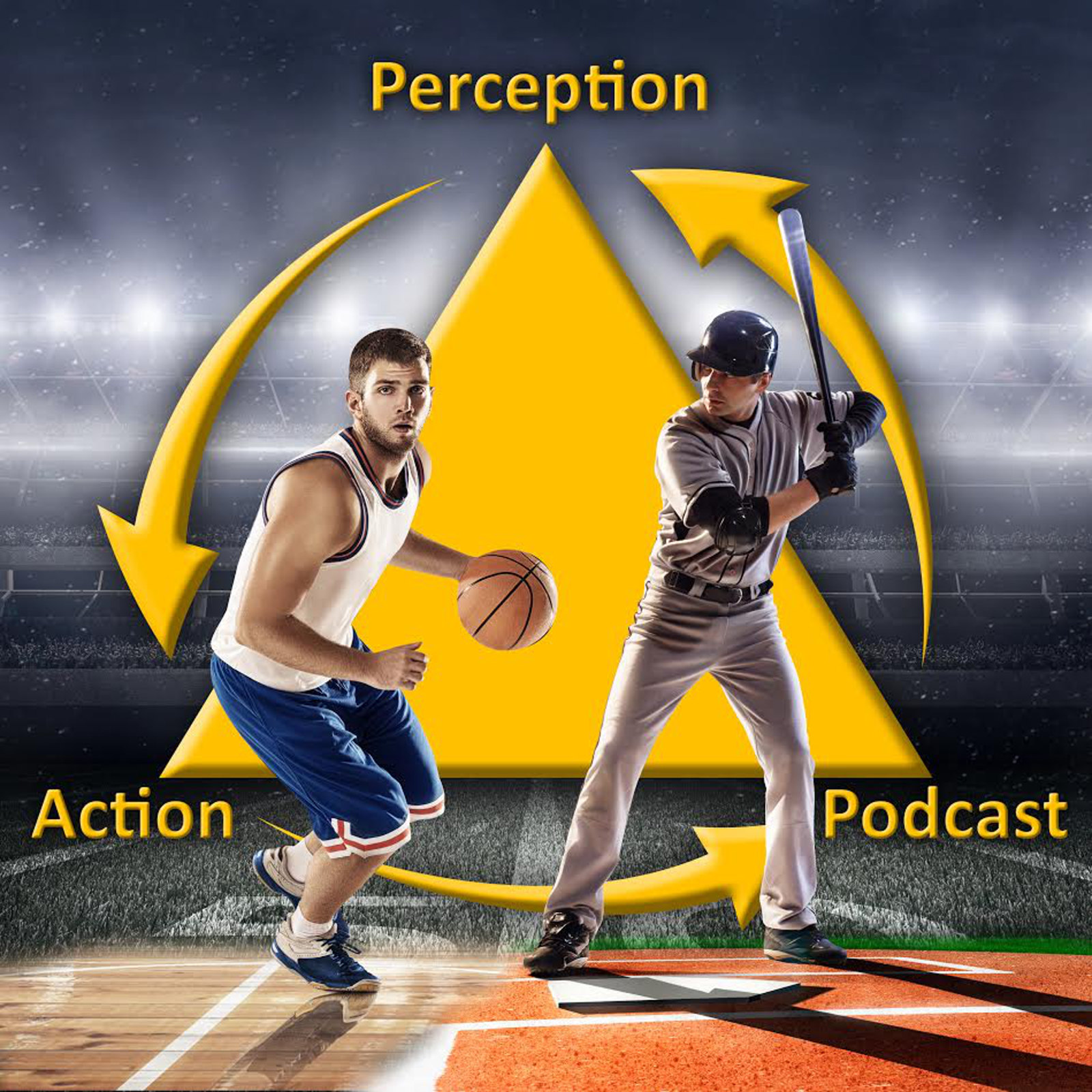17
How much does an athlete need to practice to become truly elite? What should it involve? Should it be fun? Can everyone become a great athlete if they just practice enough? In this episode, I focus on the most well- known theory in this area called Deliberate Practice, popularized as the 10,000 hour rule.
Technically Challenged: Review of the Gazepoint GP3 Eye tracker and software
Download link
Key points:
• Deliberate Practice Theory (proposed by Anders Ericsson in 1993) is the idea that the level of performance an individual obtains is the directly related to the amount of deliberate practice accumulated
• Deliberate practice is a specific type of practice specifically focused on making improvements in performance and is proposed to be high on effort and low on enjoyment
• The 10,000 Hour Rule is an interpretation of Ericsson’s work made by Malcolm Gladwell in his popular book “Outliers”. Is seems to be derived from the average number of hours of deliberate practice accumulated by participants in Ericsson’s early studies.
• Practice is typically studied using retrospective recall and training diaries which can be highly prone to error and bias
• For the most part, research has provided support for Deliberate Practice Theory as across a wide range of sports and other domains it has been shown that higher level performers tend to have more hours of deliberate practice and a profile in which the number of hours of deliberate practice per week increase as a function of age
• There are different possible reasons why elite athletes have accumulated more practice including devoting more time specifically to deliberate practice, higher motivation and greater opportunity to practice
• An effect that is related to the opportunity idea is the relative age effect: athletes born closer to the start of the selection cut off period (for example, the start of the calendar year) tend to be over-represented on sports teams.
• For the most part, research has not provided support for the idea that all deliberate practice is unenjoyable
• Research has not provided support for Gladwell’s 10,000 hour rule as the number of hours of deliberate practice accumulated by top level athletes varies over a very wide range and there is no magic number for achieving success
Articles:
The Role of Deliberate Practice in the Acquisition of Expert Performance
Outliers: The Story of Success
Wrestling with the nature of expertise: a sport specific test of Ericsson, Krampe and Tesch-Romer’s (1993) theory of deliberate practice
The Developmental Activities of Elite Ice Hockey Players
Annual age-grouping and athlete development: a meta-analytical review of relative age effects in sport
Routledge Handbook of Sport Expertise
More information:
My Research Gate Page (pdfs of my articles)
My ASU Web page
Podcast Facebook page (videos, pics, etc)
Twitter: @Shakeywaits
Email: robgray@asu.edu
Credits:
The Flamin’ Groovies – Shake Some Action
Paul Collins Beat – Working Too Hard
Josh Woodward – Effortless
The Willing – Better
The Ettes – Crown of Age
Beans & Bullets – Love Machine
via freemusicarchive.org and jamendo.com
